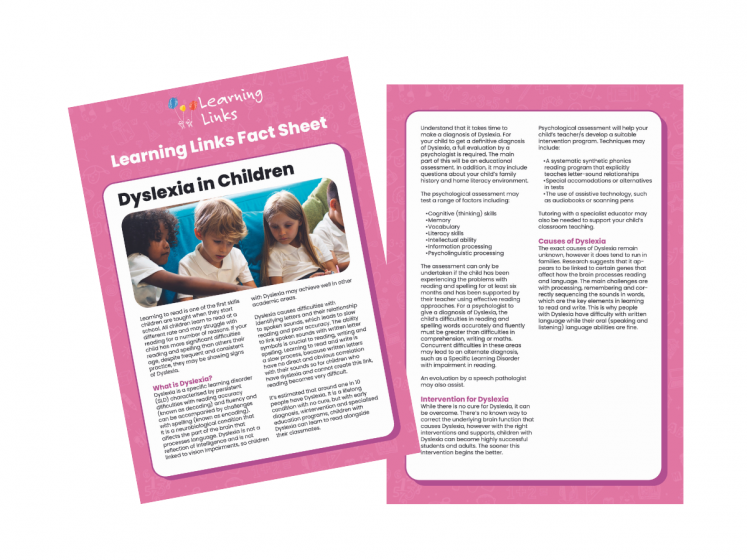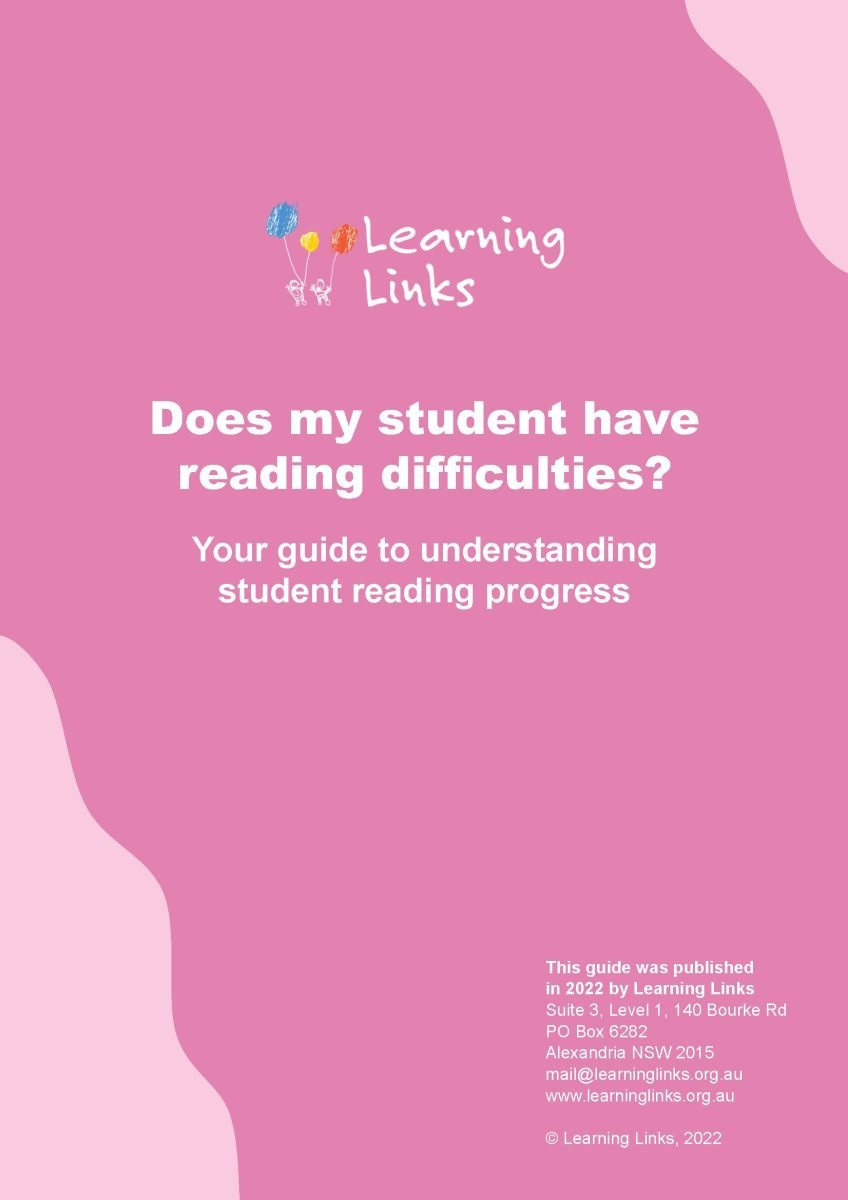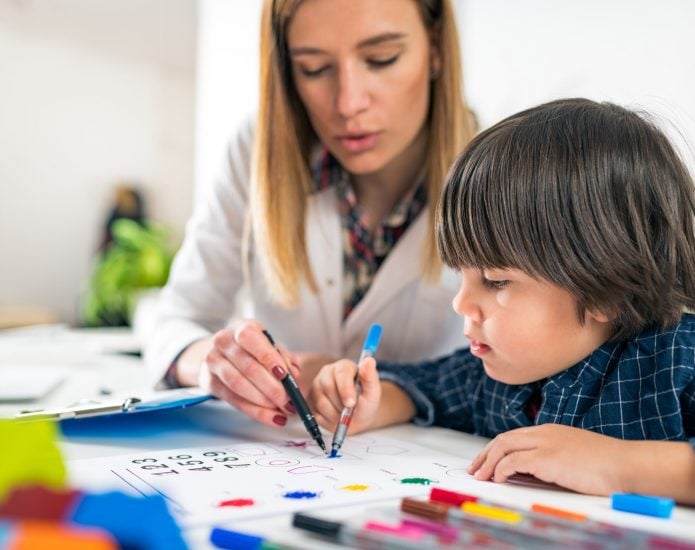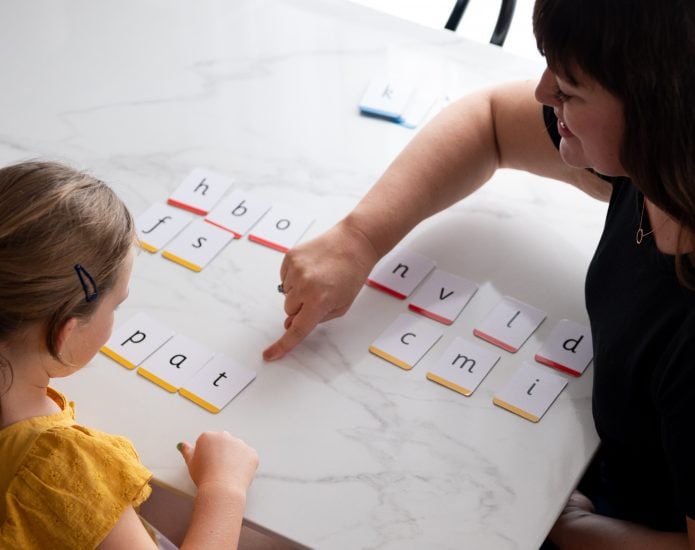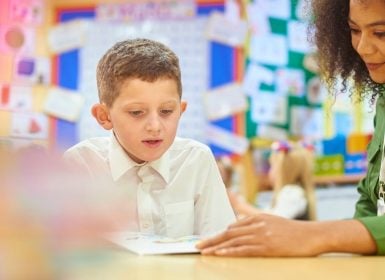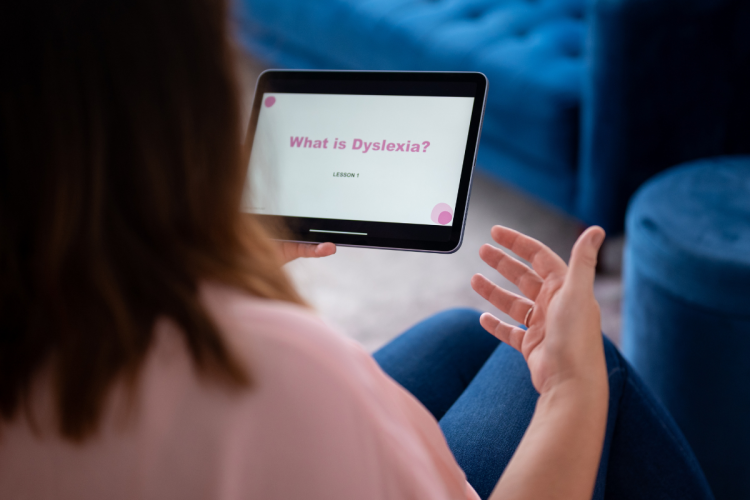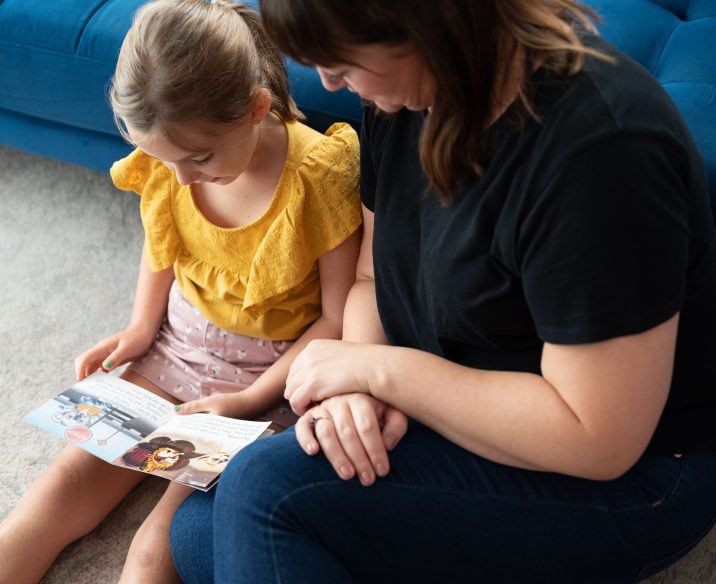
Support for Dyslexia
While there is no cure for Dyslexia, there are many strategies and accommodations that can support children while they develop their reading skills. Students significantly impacted by Dyslexia are entitled under the Disability Discrimination Act 1992 to accommodations like differentiated curricula and assessments.
With early identification and evidence-based interventions, children with Dyslexia can become successful learners. Some of the most effective ways to support a child with Dyslexia include:
- Individualised Learning Plan (ILP): Developing specific goals and strategies to target your child’s specific difficulties with reading, spelling and writing.
- Targeted Reading Instruction: Explicit instruction using a Systematic Synthetic Phonics approach that teaches the link between sounds and letters is proven to be most effective for children with Dyslexia. Multi-sensory strategies that combine phonics with gross and fine motor activities may support formal phonics instruction and help children better understand the written word.
- Assistive Technology: Using text-to-speech software, audiobooks and scanning pens can help students with Dyslexia to access written information required for learning while still developing their reading, spelling and writing skills.
- Accommodations: Special adjustments can be arranged with your child’s school to give them the best opportunity to demonstrate their learning. Some accommodations may include extra time on tests and assignments, taking exams orally instead of through writing and using a computer for writing tasks.
Building a supportive network of teachers, parents and other professionals is crucial for children with Dyslexia to experience success. Encouragement, understanding and patience can make a significant difference in their education journey.
How Learning Links Can Support Children with Dyslexia
Learning Links has more than 50 years of experience supporting children with learning difficulties like Dyslexia. We offer a range of services and resources to support children with reading difficulties.
- Assessments to evaluate a child’s reading abilities
- Specialist tutoring to get targeted support in the areas of reading a child has difficulty
- Speech therapy to build the language and literacy skills necessary for reading
- Articles, webinars and videos to provide information and strategies for home and school

